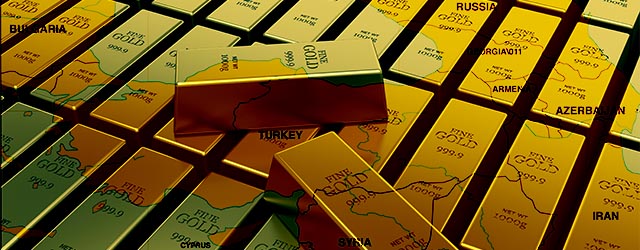Sovereign wealth funds have expanded dramatically in recent years. High commodity prices and large foreign exchange reserves have contributed to their significant growth in global markets.

Yet, recent trends in equity and commodities markets could seriously impact this growth story.
Sovereign funds have gradually increased their exposure to foreign equity markets. However, a decline in global equity markets in 2015 in both developed and developing countries has negatively impacted returns.
The funds, which are accountable to their governments and citizens, have already started to reassess their diversified assets strategy and change their global investments. The Saudi Arabian government, for example, recently announced its new economic partnership with the Russian government, especially in the energy sector.
Since many of these funds have large stakes in a few public equities, sharp price swings could quickly change these assets’ book value. Qatar, for example, invested heavily in Volkswagen and Glencore, whose equities suffered significant losses in the third quarter of 2015 as a result of internal and external crises.
Qatar, however, has maintained its global diversification strategy. It announced in September that it would open a new office in New York as part of its growing investment in foreign markets. According to an announcement by the Qatar Investment Authority’s CEO, the fund is committed to investing $35 billion in the United States over the next five years, which represents more than 10% of its total assets, according to Sovereign Wealth Fund Institute June estimates.
The plunge in oil prices has also forced many sovereign energy funds to find new sources of income in order to achieve long-term positive returns in a low-price environment and to better diversify their operations.
One area where sovereign funds can find more stability and economic opportunities is macro trading. “Long-term institutional investors, including sovereign wealth funds, have always had very limited presence in the global macro and volatility trading space,” notes Andrew Rozanov, a sovereign funds analyst at Chatham House. “However, this is about to change—and in a big way.”



